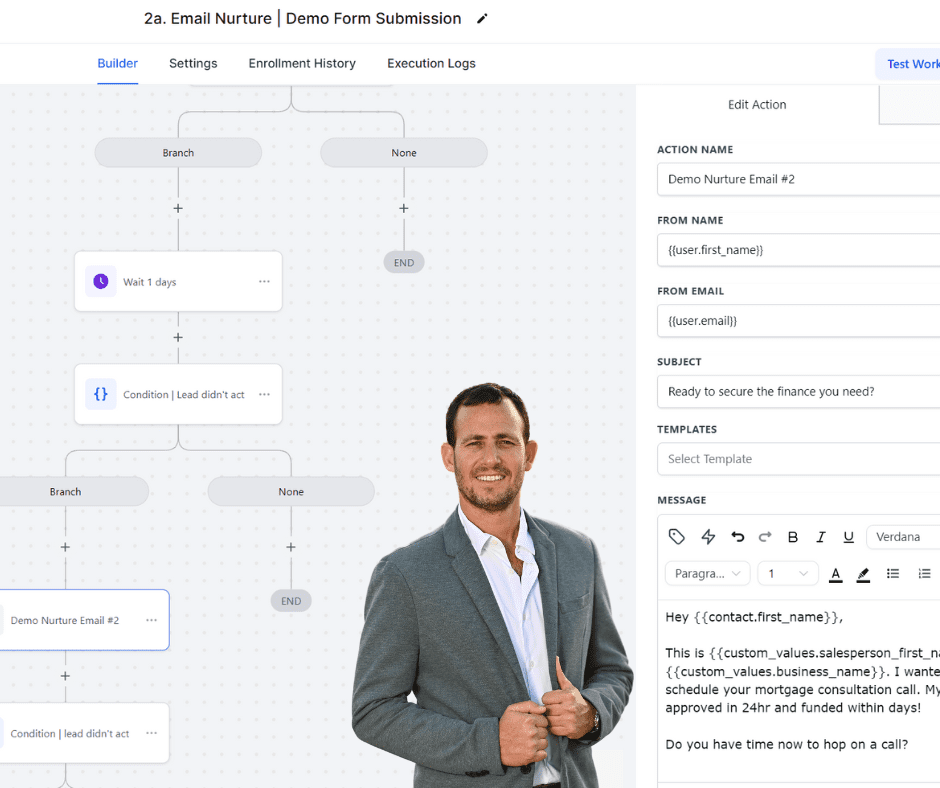The Push for Stronger Email Authentication
In 2024, Google and Yahoo implemented significant updates to their email authentication requirements. Both companies now enforce stricter DMARC (Domain-based Message Authentication, Reporting, and Conformance) policies for bulk senders, requiring organizations to implement DMARC, SPF (Sender Policy Framework), and DKIM (DomainKeys Identified Mail). These changes are designed to combat email spoofing, improve security, and reduce phishing attacks.
Joshua Leavitt, a strategist at Omni Online Strategies, explains, “DMARC compliance is no longer optional—it’s the baseline for email security. Businesses that neglect these protocols risk losing email deliverability altogether.”
Looking ahead:
In 2025, expect a broader adoption of authentication protocols across industries. Smaller businesses, which have traditionally lagged behind in implementing DMARC, will need to catch up as providers tighten compliance requirements.
Increased Scrutiny on Spam and Bulk Messaging
Gmail recently introduced updates to its spam filter algorithms, emphasizing the importance of proper email authentication and compliance. Non-compliant emails are more likely to land in spam folders, and Gmail is moving toward rejecting unauthenticated bulk emails entirely.
These changes align with Yahoo’s policies, which also require DMARC for high-volume senders. Both companies are leading the charge to make email safer for users while encouraging businesses to adopt transparent and secure email practices.
What this means for marketers:
Focus on reputation: Businesses must maintain strong domain reputations by following best practices, such as avoiding spammy content and monitoring sender scores.
Adapt to new tools: AI-powered solutions are becoming more accessible for monitoring email deliverability and detecting compliance issues.
The Rise of AI in Email Security
AI is playing an increasingly important role in both email compliance and security. Tools like Hornetsecurity and Proofpoint are helping administrators and CISOs streamline DMARC implementation, identify potential vulnerabilities, and maintain domain reputation. AI-driven analytics can now predict email deliverability outcomes and flag potential compliance violations before they occur.
“AI tools are great for scalability,” says Leavitt. “They help identify risks and optimize campaigns without manual intervention, saving businesses time and resources.”
2025 Outlook:
AI will continue to evolve, providing marketers with more granular insights into how their emails perform. However, Leavitt warns, “No matter how advanced AI becomes, human oversight is essential for maintaining authenticity and trust.”
What Businesses Need to Prioritize in 2025
With email compliance becoming increasingly complex, organizations must focus on a few key areas to stay ahead:
Comprehensive DMARC Implementation:
Many businesses have implemented DMARC in “monitor-only” mode (p=none), which doesn’t enforce email authentication. In 2025, more companies will transition to enforcement policies (p=quarantine or p=reject) to secure their domains fully.User Education and Awareness:
Email compliance isn’t just about technology—it’s about people. Businesses must train their teams to recognize phishing attempts and follow secure email practices.Adapting to Privacy Regulations:
As privacy laws evolve, marketers must ensure compliance with regulations like GDPR, CCPA, and Canada’s CASL. This includes providing clear opt-out mechanisms and obtaining explicit consent for email communications.Investing in Analytics:
Advanced analytics tools will become indispensable for monitoring email performance, identifying trends, and making data-driven decisions.


